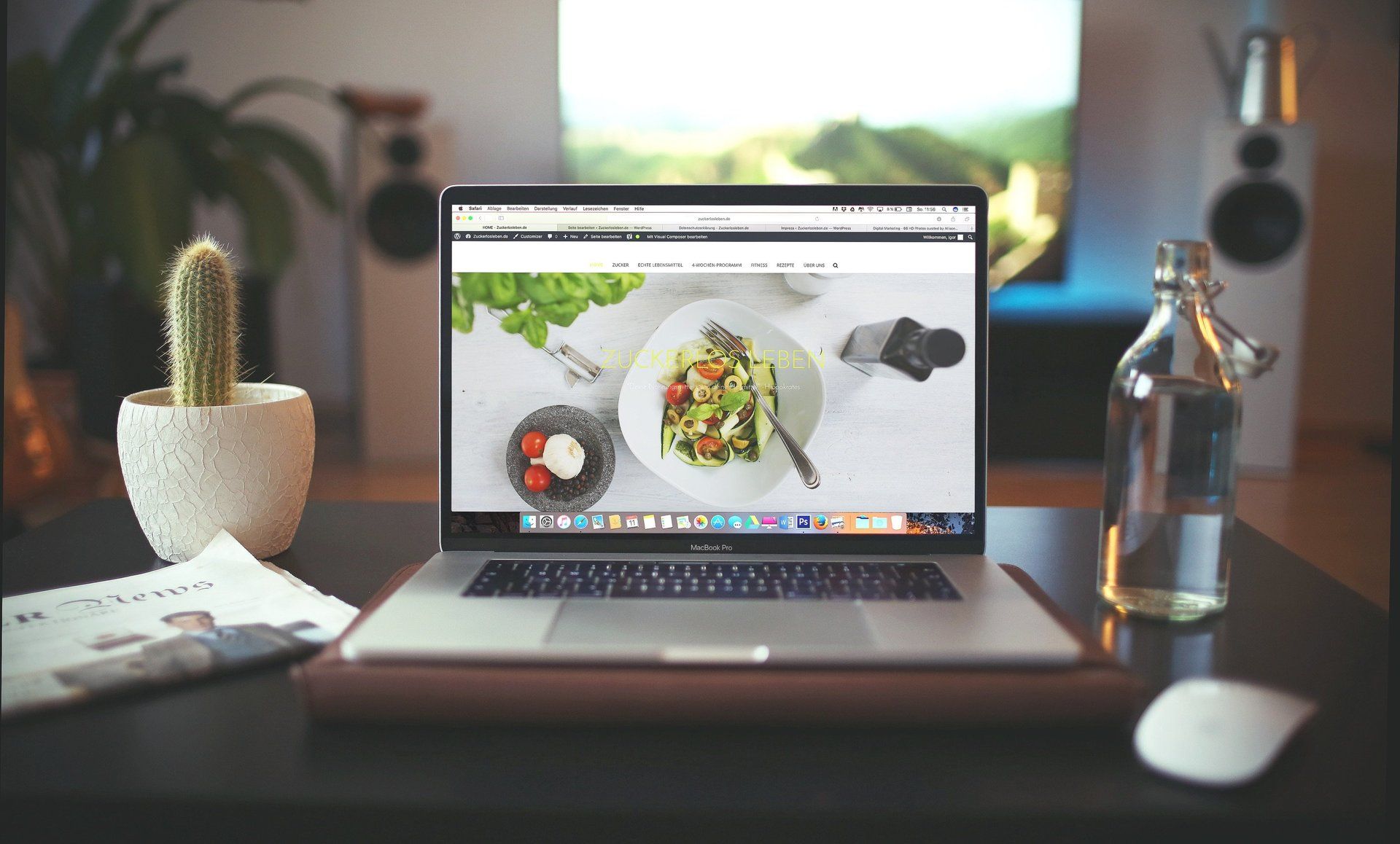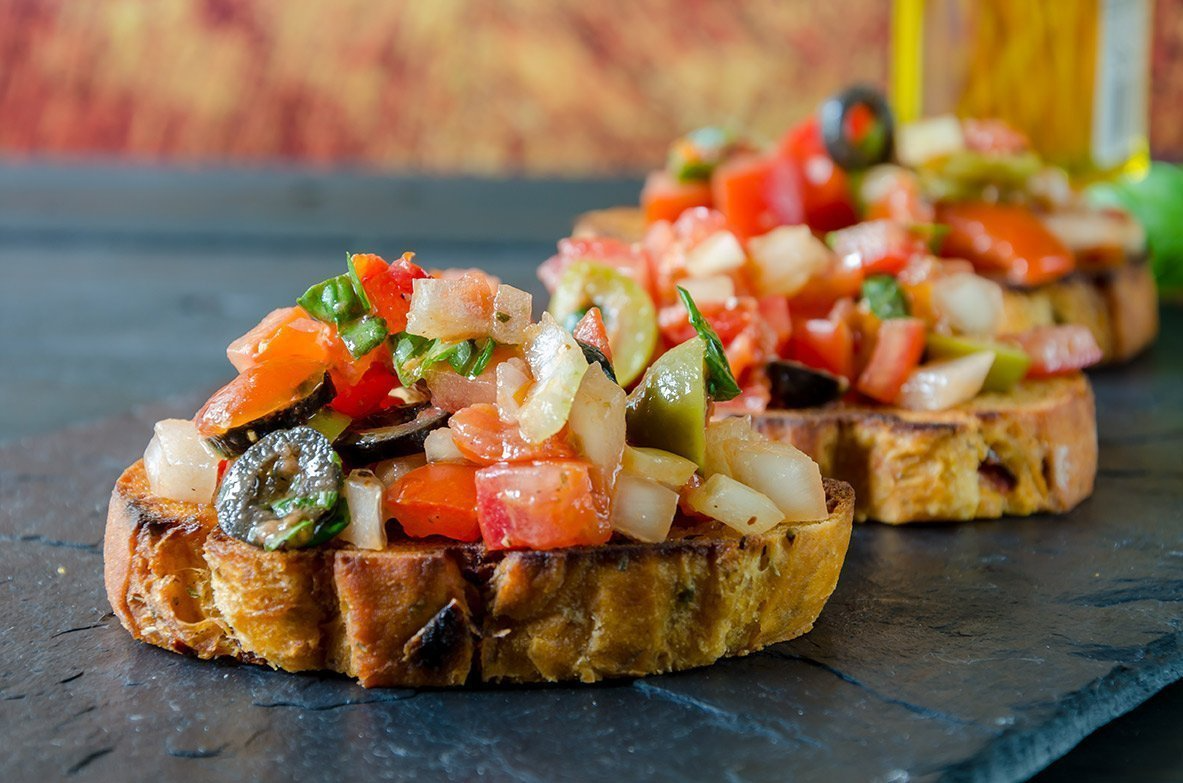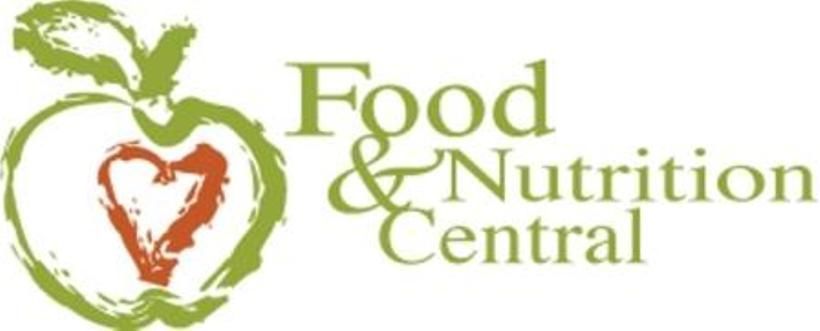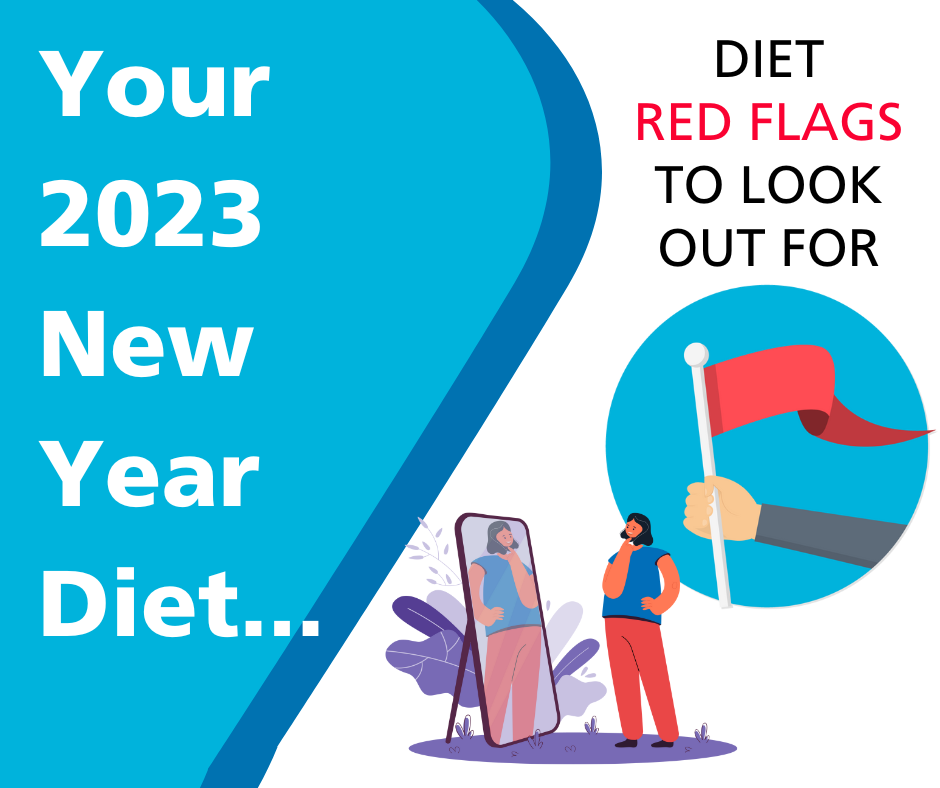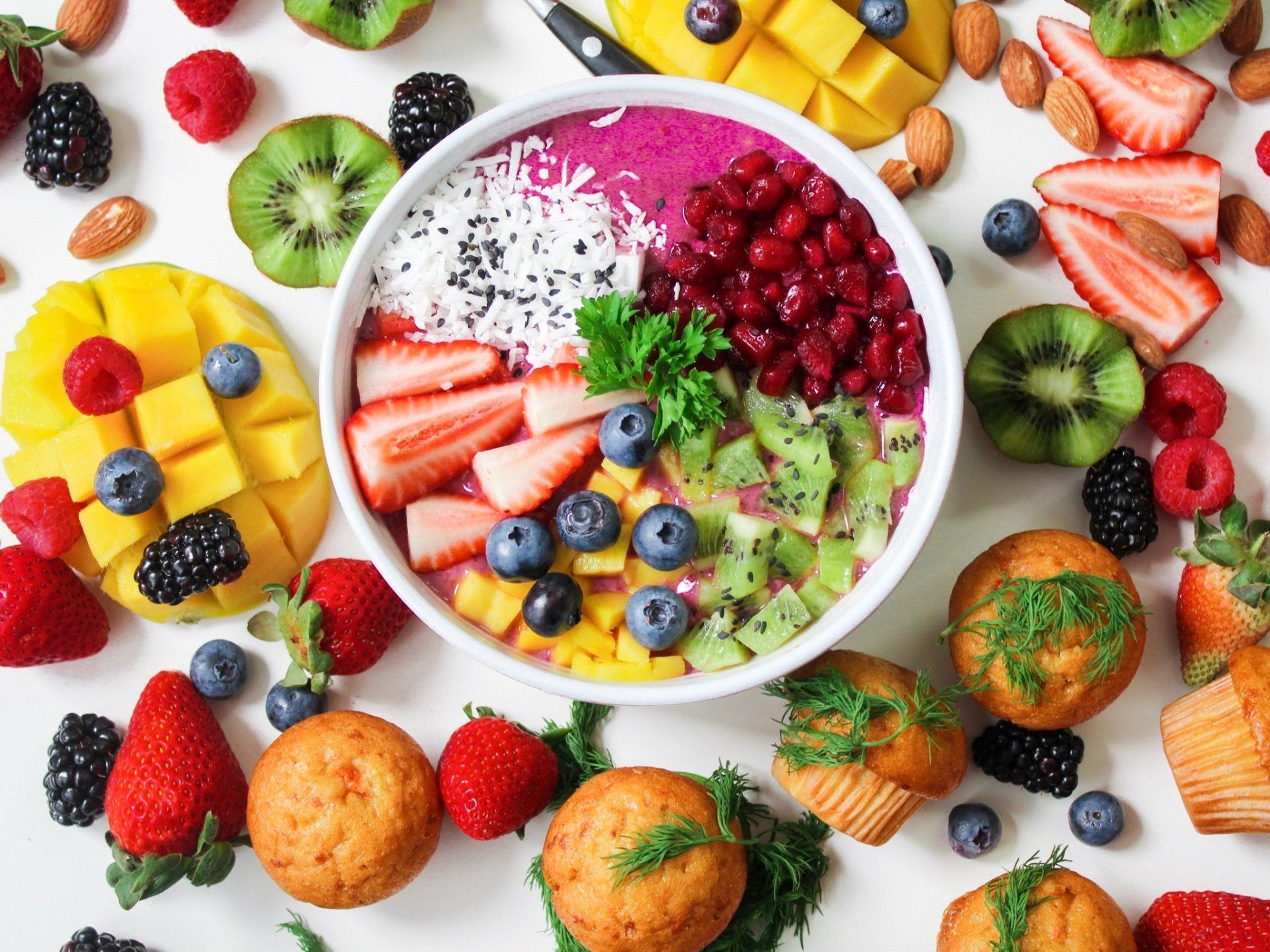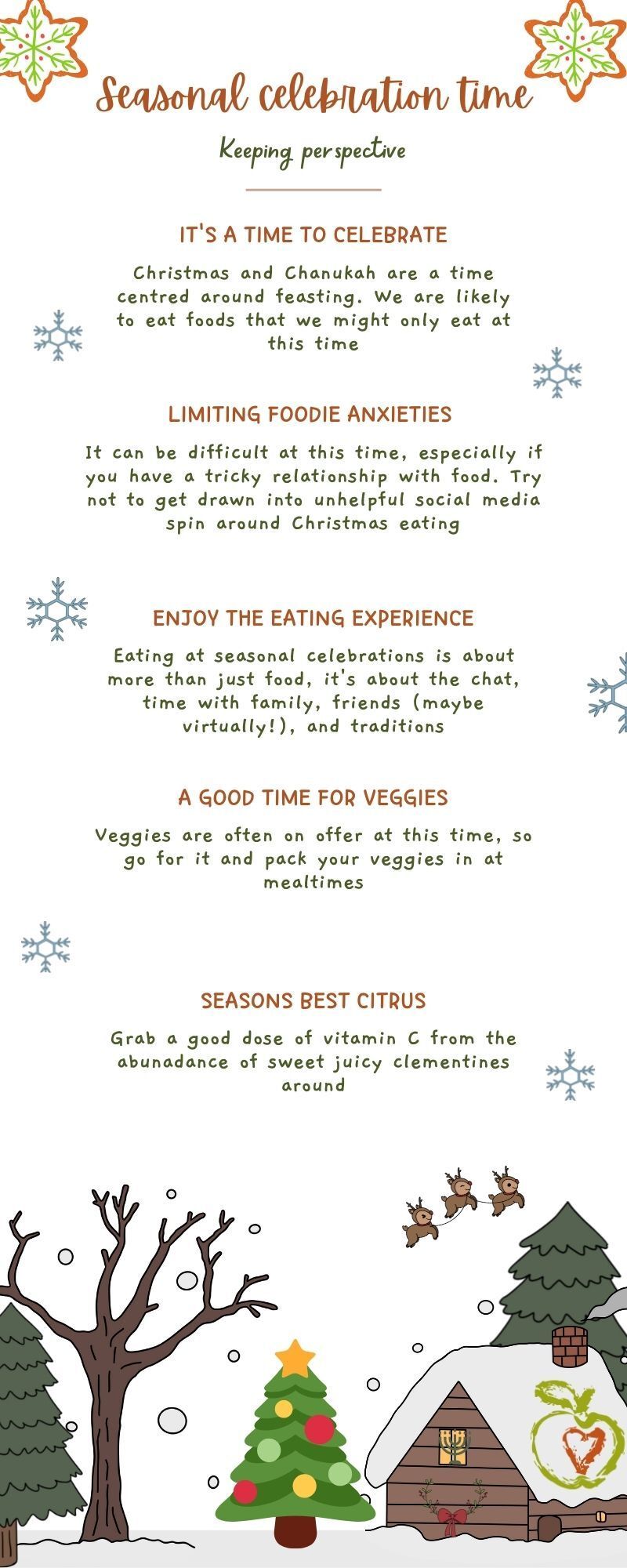Do you have high blood pressure?
Do you #knowyournumbers ?

September is #Knowyournumbers week. A week dedicated to raising awareness about high blood pressure (or hypertension).
If you follow my blogs, then you will know that I am really keen to offer advice and raise awareness of all things nutrition and health with a particular emphasis on what we can do to keep our hearts healthy.
Hypertension is sometimes referred to as the silent killer and that is because you do not necessarily get any symptoms from high blood pressure so you may not be aware.
And there is a lot of it about! One in three adults have high blood pressure, so that means several of your work colleagues or perhaps YOU may have high blood pressure.
When it comes to the risks - having high blood pressure is a major cause of heart attacks and strokes. It can also affect your kidneys and lead to types of dementia.
It is easy to get checked out and you might be able to get it checked at work so take advantage if you can of the opportunity. You will hear about 2 numbers, one on top of the other
A SYSTOLIC number (the top number). This is the blood pressure reached when your heart beats and forces blood about the body.
The bottom number is DIASTOLIC the this is the lowest level your blood pressure reaches when your heart relaxes between heart beats.
Ideal blood pressure for most people is up to 120/80mmHg
Whether your blood pressure is normal and healthy or you have high blood pressure, a healthy lifestyle can reduce your risks of heart disease and stroke. If you have raised blood pressure you will need to see your GP, nurse or healthcare professional for more advice on managing your BP and getting regular testing (you may be asked to test at home).
Some simple lifestyle top tips include:
Having a healthy balanced diet and in particular including a good amount of fruit and vegetables. These are rich in potassium which is helpful in managing fluid balance and blood pressure.
Include regular exercise as you are able. This is great for your overall health, helping manage your weight and make you feel good. Exercise also helps the flexibility of blood vessels so can help lower blood pressure.
You will probably have heard a bit about salt and its impact on blood pressure. Too much salt makes you hold onto water and can raise blood pressure so it is a good idea to limit salt and salty foods.
The current recommendation is to aim for less than 1 teaspoon of salt a day (6g). It is not just salt you may add to food or in cooking. In fact, most of the salt in our diet is hidden in foods like processed ready meals, jars and sauces, cured meats and salty snacks. You don't necessarily have to cut them all out totally, but it is a good idea to try and limit these and cook from scratch where possible.
Checking the label is helpful. Some foods will use a helpful traffic light system to guide you. Remember to bear i in mind the portion size.
Salt is a way of enhancing flavour but that does not mean your food will end up bland. Start by using a little less salt and get your flavour from herbs and spices (fresh or dried) and strong flavours such as garlic, ginger and chilli.
There is a useful sheet on blood pressure and on salt from the British Dietetic Association High blood pressure (hypertension) and diet - BDA
Blood Pressure UK is a helpful organisation for more information Blood Pressure UK
As a BDA WorkReady Employee Health Dietitian I can deliver sessions on Eating well for a healthy heart which covers helpful practical tips for managing blood pressure so please get in touch.
